Class of 2010 graduate Kyle Obermann loved drawing mountains as a kid, but he never imagined he’d spend his career photographing snow leopards and giant pandas in mountains across the world.
Now, Obermann is an award-winning environmental photographer, filmmaker and writer. His writing in English and Chinese, along with photos, has been published in National Geographic and beyond.
“I think if you asked me at the time about a dream job, I would have been like, ‘well, National Geographic,’” Obermann said. “But I had no idea how to do that.”
From waking up with endangered gibbons in remote Chinese forests to climbing ancient Tibetan glaciers, Obermann said he has experienced and photographed things no other human has.
“It’s amazing to be in a place and be like, ‘Wow, was I the first one to take this photo?’” Obermann said.
According to Obermann, conservation photography is all about using photography as a tool for impact. It highlights the interactions between land, wildlife and humans.
“For me, conservation photography is very biased as these problems need to be solved, and I hope that a photo essay convinces you or shows you a way that it could be solved,” Obermann said. “Conservation photography is really looking at driving impact in the natural world conservation space through the visual arts.”
At McCallum, Obermann developed his interest in nature. He was in McCallum’s inaugural AP Environmental Science class and was a co-leader for Environmental Knights.
According to former AP Environmental Science teacher and Environmental Knights co-sponsor Kendra Flenniken, Obermann was an intelligent and attentive student, even if his handwriting was tiny.
“He was a good student, and he was really smart and would ask a lot of questions,” Flenniken said. “He was always friendly, and he was just really inquisitive, very interested in things and not afraid to challenge if he didn’t think something was right.”
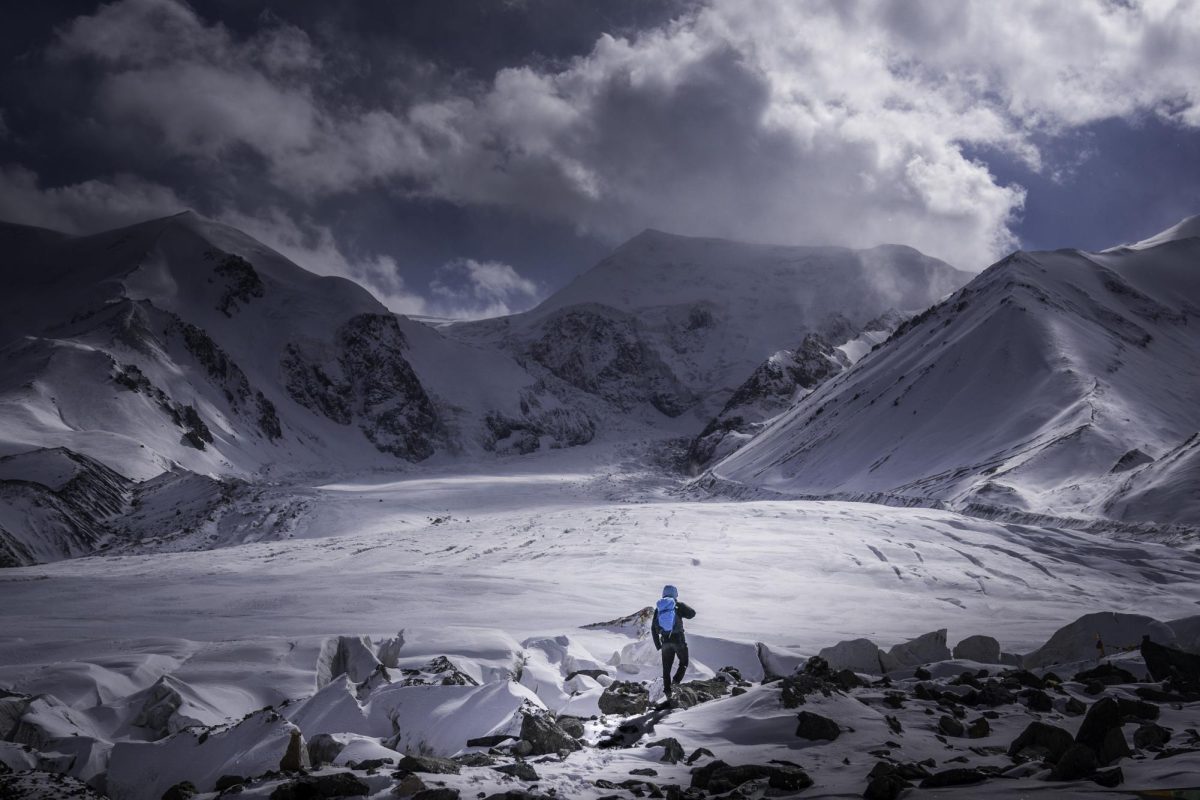
From muddy creek visits to complex lessons, Flenniken said Obermann took learning seriously.
“He wanted to know about the information, and he wanted to know ‘how does a paper plate and the amount of water it uses in production affect our lives,’ like, things that we take for granted that we don’t really think about,” Flenniken said.
Flenniken said she was not surprised to learn of Obermann’s success as a conservation photographer.
“He was going to be successful,” Flenniken said. “He was really driven, he was gifted with intelligence, and he had a really good work ethic. I had no doubt he was going to be successful in whatever he chose to do.”
Math teacher Angie Seckar-Martinez, who taught Obermann for AP Calculus, said she tells the story of his career to students even now.
“I’ve brought him up to a few kids in the past because I feel like his path was so interesting to me,” Seckar-Martinez said. “I’ve followed his social media, and I’m just kind of blown away that somebody finds that niche role in life, like intertwining those passions into a career.”
Seckar-Martinez said both Obermann’s photos and his bravery have impacted her.
“Every time I look [at his social media], my jaw drops open,” Seckar-Martinez said. “A lot of the things he’s done, I don’t know how you figure out that you’re capable of doing that. What do you need to bring with you? How much food do you need? What gear do you need? Like how do you make a difference in the world at the same time as you’re pursuing these passions?”
Obermann said that in some ways, he misses McCallum.
“I benefited a lot from McCallum I think, like becoming a more empathetic, kind, open-minded individual,” Obermann said. “I kind of miss McCallum and all the walks of life that it got just because of its geographical situation.”
His passion for photography also developed during his time at McCallum. As the newly-minted Frost Bank building graced the Austin skyline, Obermann borrowed his mom’s camera to capture it.
“I remember going with one of my friends, and we would drive around trying to learn how to take photos,” Obermann said. ”It was just trying to learn by making mistakes, kind of playing around and trying to get random shots and share them on Facebook.”
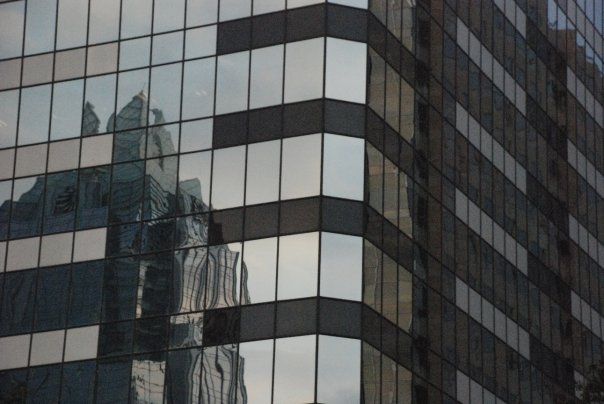
Starting at St. Olaf College, the Chinese language was off Obermann’s radar. But after performing poorly on a Spanish placement test, he decided to try Chinese.
“Chinese just looked very interesting, and the characters seemed cool,” Obermann said. “I didn’t know anything about it, but that was kind of where this leap of faith came through. Like ‘I don’t have a plan for this, but it looks fun.’”
For years, Obermann struggled in his Chinese classes, lowering his GPA and self esteem, but professors encouraged him to stick with it. During the summer before senior year, he did a six-week program in Shanghai.
“That was a life-changing, pivotal moment because for six weeks I just spoke all Mandarin as best as I could,” Obermann said. “I always tried to tell myself that if my classmates were complaining about something like Mandarin and how hard it is, but if I can see it as fun, then I was lucky. When I came back to St. Olaf senior year, I was one of the best in the class all of a sudden.”
Obermann interned at a Chinese travel company and was tasked with photographing Beijing, the start to integrating his love of photography with his newfound Chinese ability.
“I’d never seen photos of China like this, and that’s kind of where I started to begin to think there’s an opportunity here to tell a story that no one has,” Obermann said. “I still didn’t know how to make it a job, but I was starting to think about it. It’s kind of trusting in the process for me and trusting that when you kind of stay true to that inner voice, you’ll end up where you need to be.”
Eventually deciding freelancing was his best option, Obermann spent a year trekking across China with nothing but a 120-liter rucksack full of camera gear and basic necessities.
“It’s not always a high, it’s gonna go up and down,” Obermann said. “When you are able to appreciate the little things that happen and also have a bigger picture perspective on the impact and trying to make the world a better place, I think that gives you the grit to keep on trying.”
Even now, as an established photographer, Obermann said intense mental and physical challenges come with the job. While tracking pandas in a snowy bamboo forest on one expedition, Obermann’s team got lost. Battling hypothermia, lighting alcohol fires and searching for a cave to sleep in, Obermann wanted to quit.
“I’ve never gone a year without questioning fundamentally, do I really want to do this?” Obermann said. “But the alternative, working 9 to 5 five days a week, I don’t know if that’s how we’re supposed to live. After getting used to the beauty of the life, I couldn’t really go back to that.”
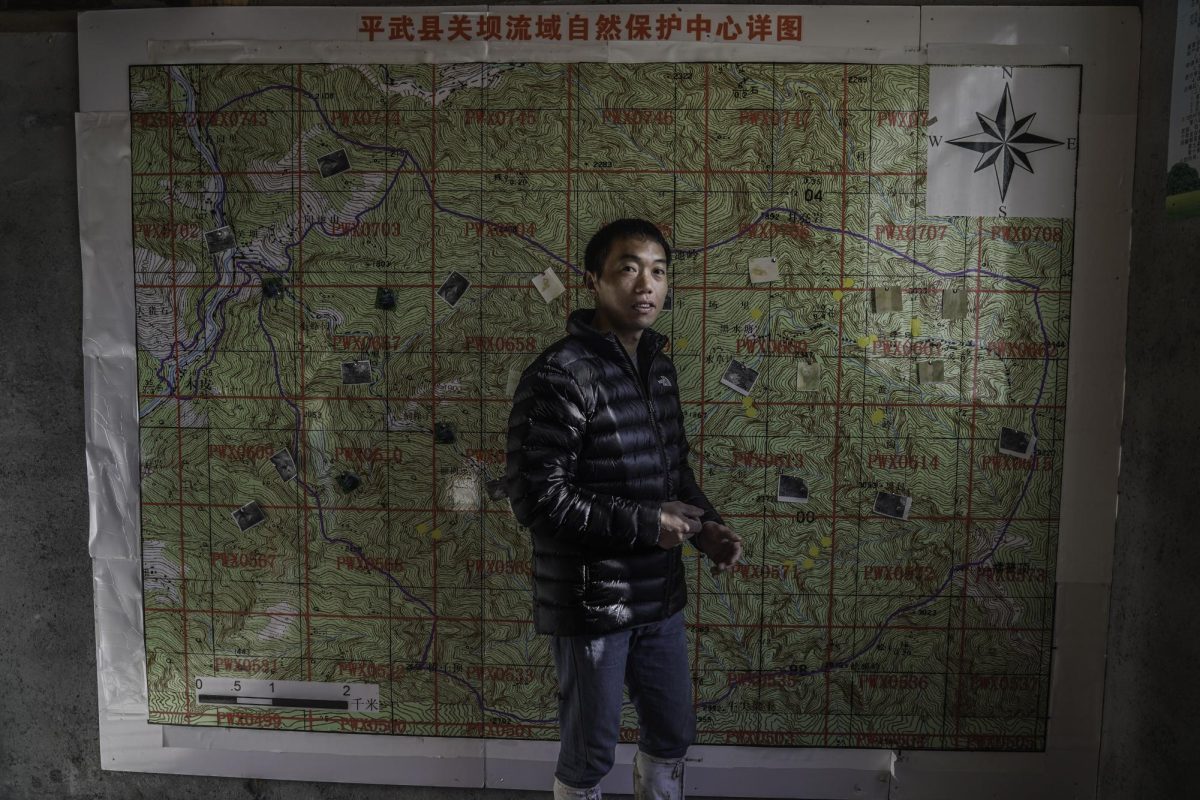
In situations like these, Obermann relies on the knowledge of local rangers and guides to inform him of the culture and environment. But interactions with locals have also exposed him to economic inequality in the world.
“It really opens your eyes to what inequality actually looks like and also how much difference is needed,” Obermann said. “These rangers were devoting their lives to conservation, living in pretty poor conditions and having very little chance of upward mobility. It gives me more of a burden of responsibility to think about the impact and also a sense of drive because I’ve really seen how much money could make an actual impact.”
Obermann said the baseline for this impact is raising awareness—using visual storytelling to bring environmental issues out of “echo chambers” and into the spotlight.
“So many of the problems in conservation are people trying to make a livelihood because they have been denied the opportunity through other means,” Obermann said. “Trying to use the photos to give more resources to local people is what I always try to do the most.”
Obermann convinced The North Face, one of his biggest sponsors, to supply gear for 10 indigenous local conservation groups. He helped them secure rain-proof jackets, down jackets and other materials to manage their environments.
“I started seeing this opportunity in China to play a bridge between the environmental conservation space and the outdoors industry, which weren’t really talking to each other that much at the time,” Obermann said. “Then I was able to get a lot of environmental groups’ attention from other news outlets to help them win awards because of their work. They use my stories to help tell their work and get more recognition.”
In all his career, Obermann said he is proudest of his success in joining and impacting the conservation family in China. But no matter where he is, finding his place as a journalist is never easy.
“There’s the term parachute journalism, where some foreigner drops in, does a story they don’t understand, and it comes out—that’s my biggest fear,” Obermann said. “Like, there are a lot of people who know a lot more than me about this, so how can I ally with them to make a really true story, but then how can I use my presence as a United States citizen with a network to actually make a unique contribution?”
Obermann’s work was popular in China, so he even appeared on a Chinese talk show. But due to canceled visas and worsening U.S.-China relations, he hasn’t returned to China since January 2020.
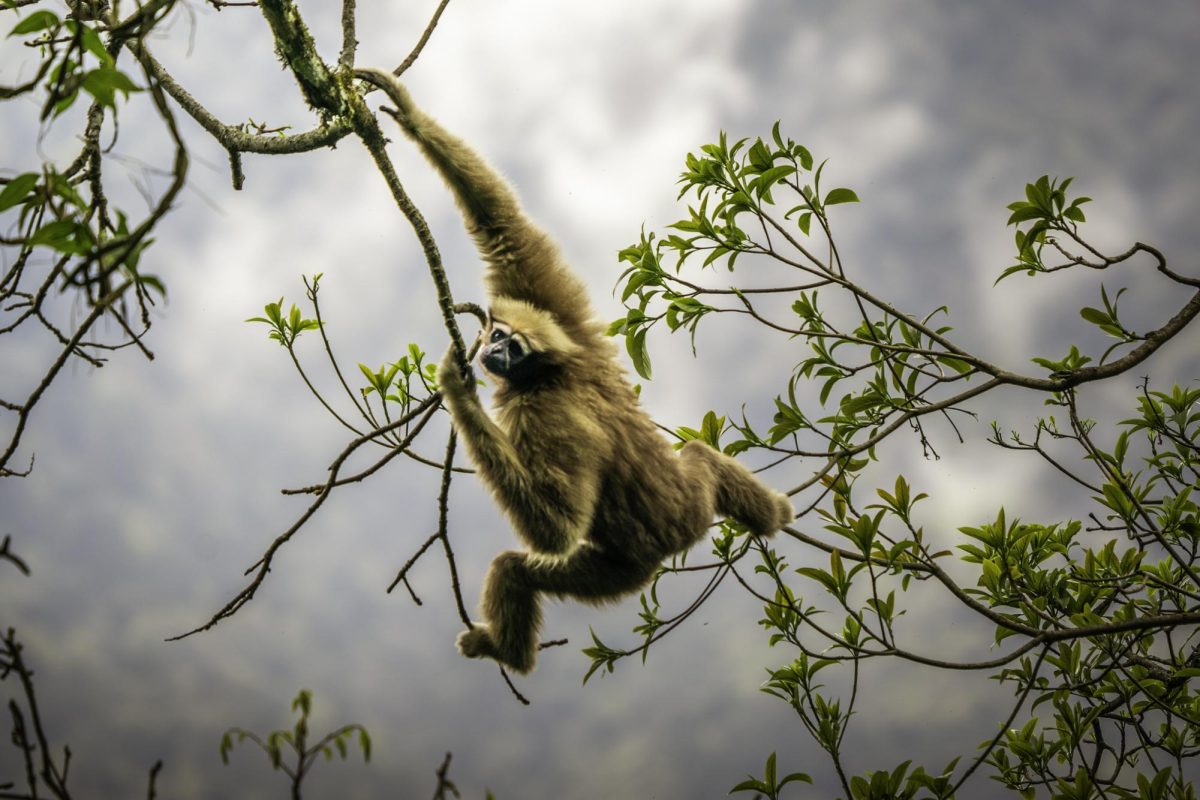
“I think when I was young I was very idealistic, and I really thought as long as I put in the hard work I could make it happen,” Obermann said. “But I think running into things like geopolitical tension stops you no matter what. There’s some things that you can’t grit your way through. It’s all an adventure, and I’m still still in the middle of it.”
Another thing Obermann can’t singlehandedly change is the impact of climate change. During a shoot in Tibet, Obermann saw climate change happening right in front of his eyes. One of the most holy mountains in the nation was disappearing, and with it, a piece of Tibetan culture.
“This goes beyond climate change like, ‘Oh, no, New York has no snow this year,’” Obermann said. “Those are big issues, but I think we forget about the more cultural intangible losses that we’re inflicting. In Tibet, these people have incredibly low footprints, and yet they’re losing their homes faster than all of us.”
Through all the challenges his career brings, Obermann is recharged by the everyday beauty of the natural world.
“Early on in my career I was in the mountains for seven or nine days with a group of rangers, and I was actually pretty lonely,” Obermann said. “On the fifth day, there was a beautiful sunrise. I was watching and taking photos, and I just remember saying, ‘This is why I’m here. Even this one sunrise makes it all worth it. Like how could I ever do anything else?’”
That feeling of success he gets from photography comes from multiple sources according to Obermann. But he said you don’t have to climb a holy Tibetan mountain to feel on top of the world.
“Sometimes I run the risk of taking in these really wild experiences and being like, ‘That’s the pinnacle of nature,’” Obermann said. “But I don’t think you need the Himalaya to get that high. Nature’s nature, and setting off our egos and shutting off our electronics, that’s the more important part. You can feel small and connected in your backyard in Austin, Texas, or in Tibet.”
Obermann is currently working on a project about feral dogs in India and their impact on wildlife. While this type of project and India are uncharted territory for Obermann, he has never been one to turn down an adventure.
“Listen to the whisper of the heart,” Obermann said. “Sometimes it’s great to be strategic, but sometimes it’s even better just to do something because you like it, even if it does not make any sense. Looking back, sometimes it makes a lot of sense.”

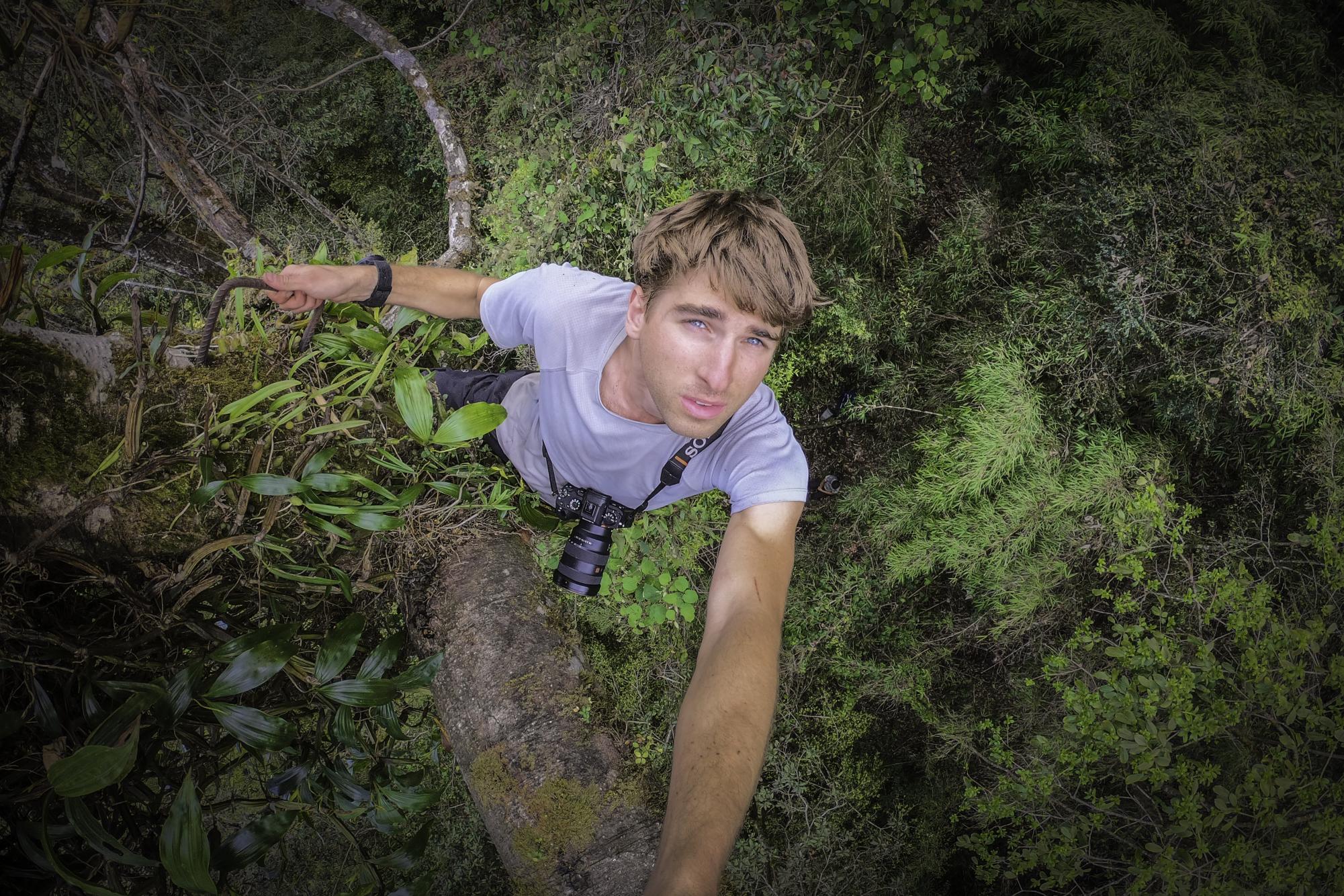


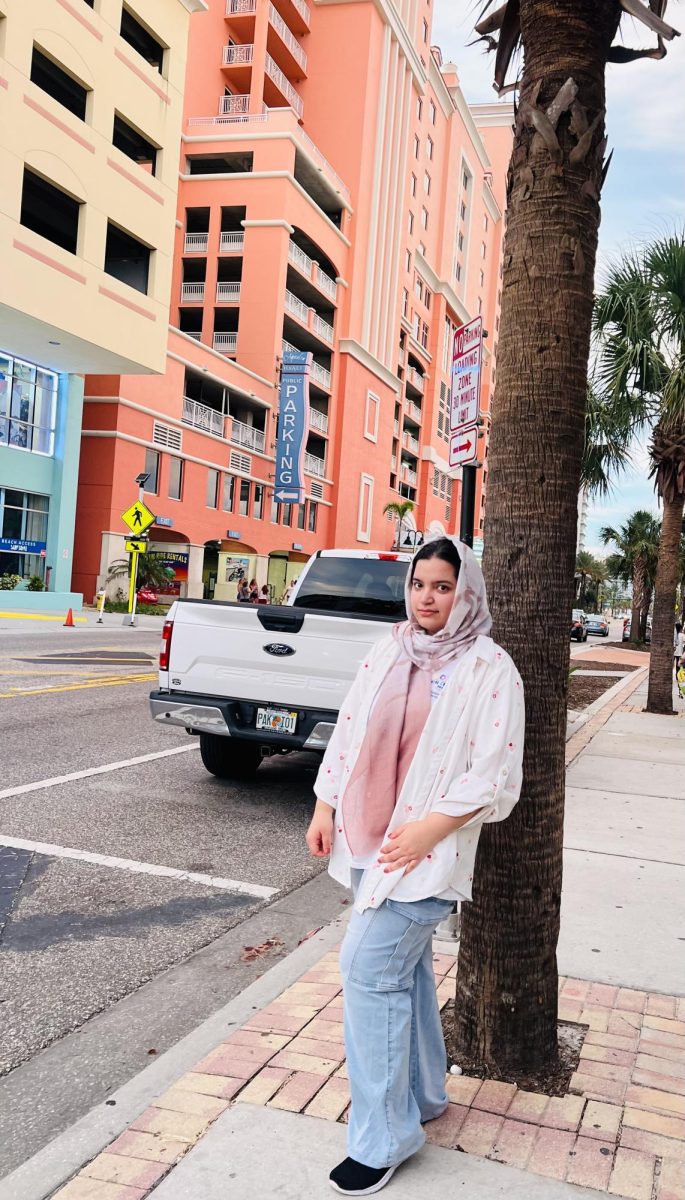
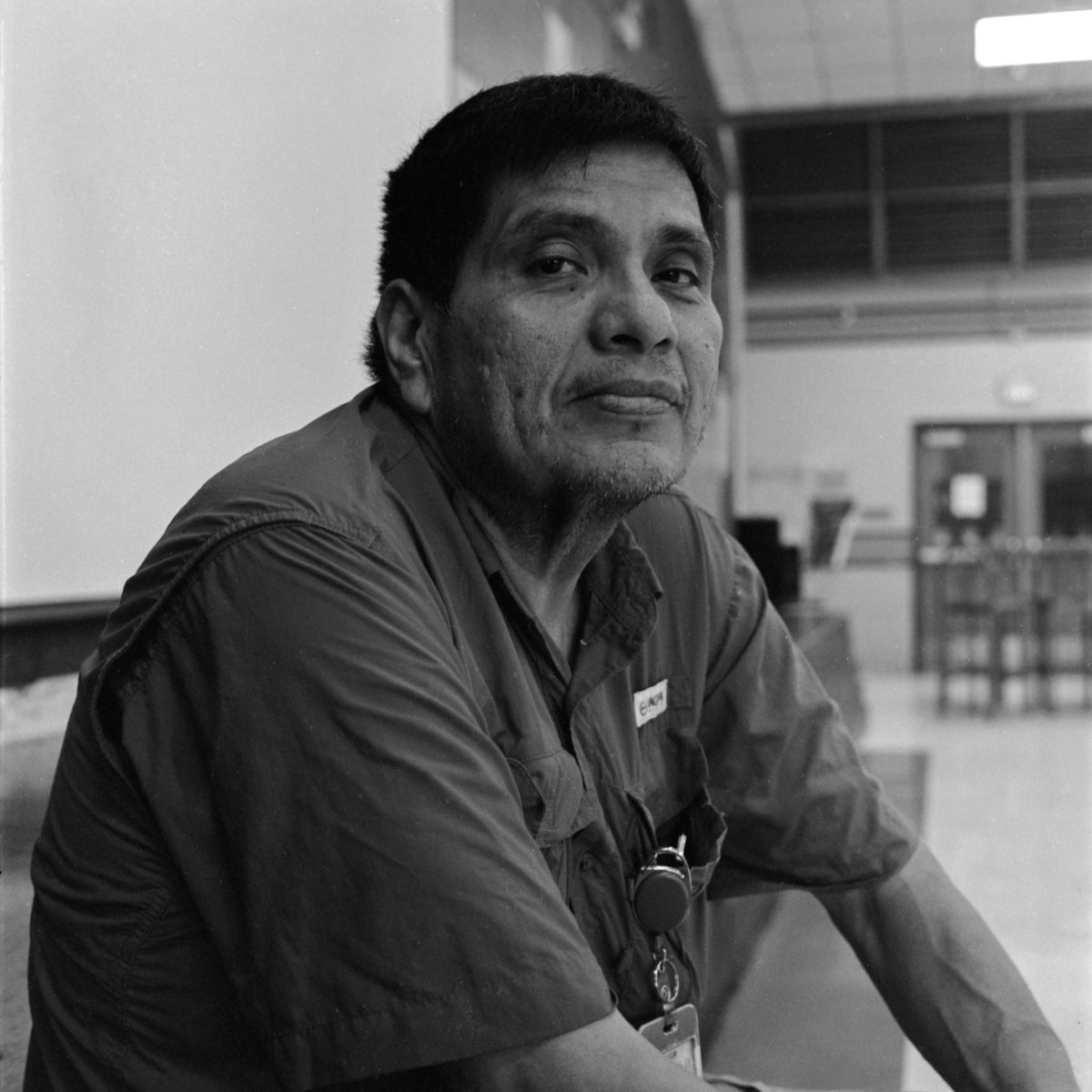
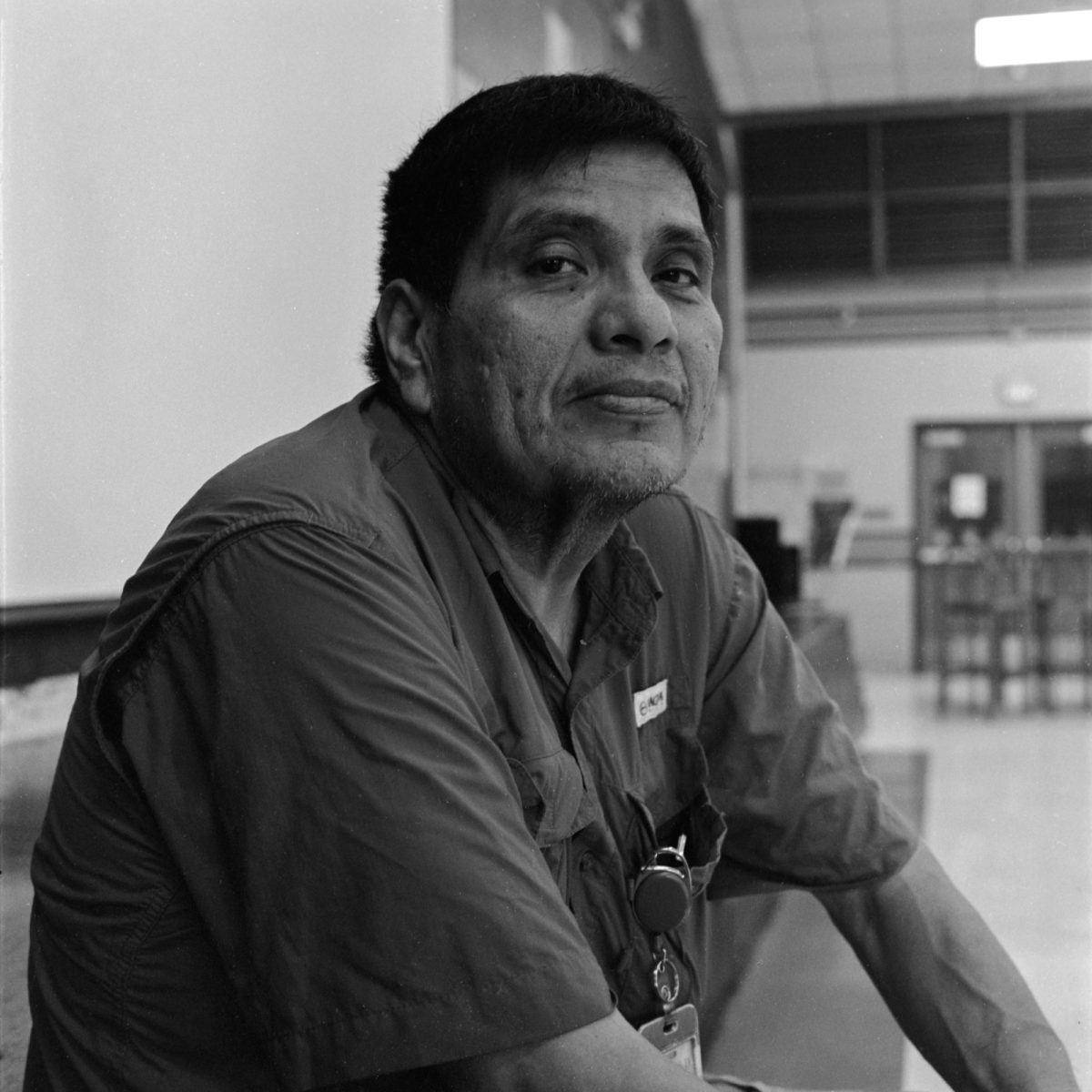
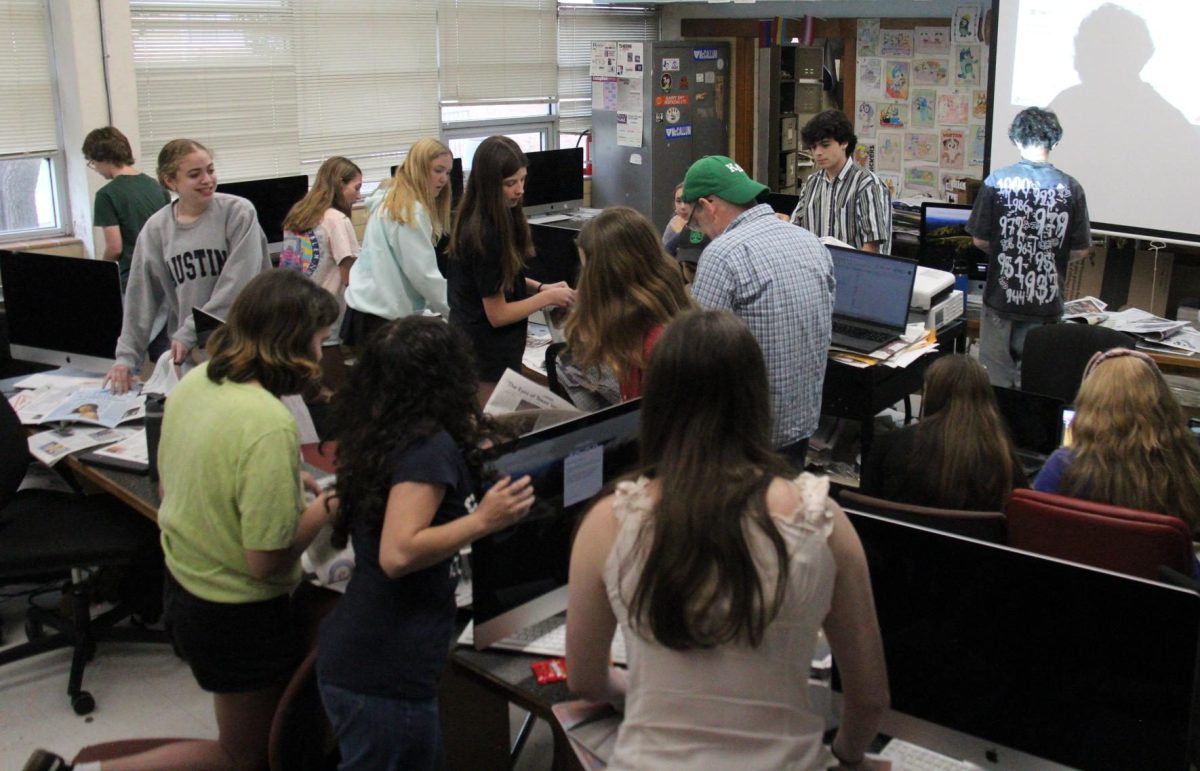
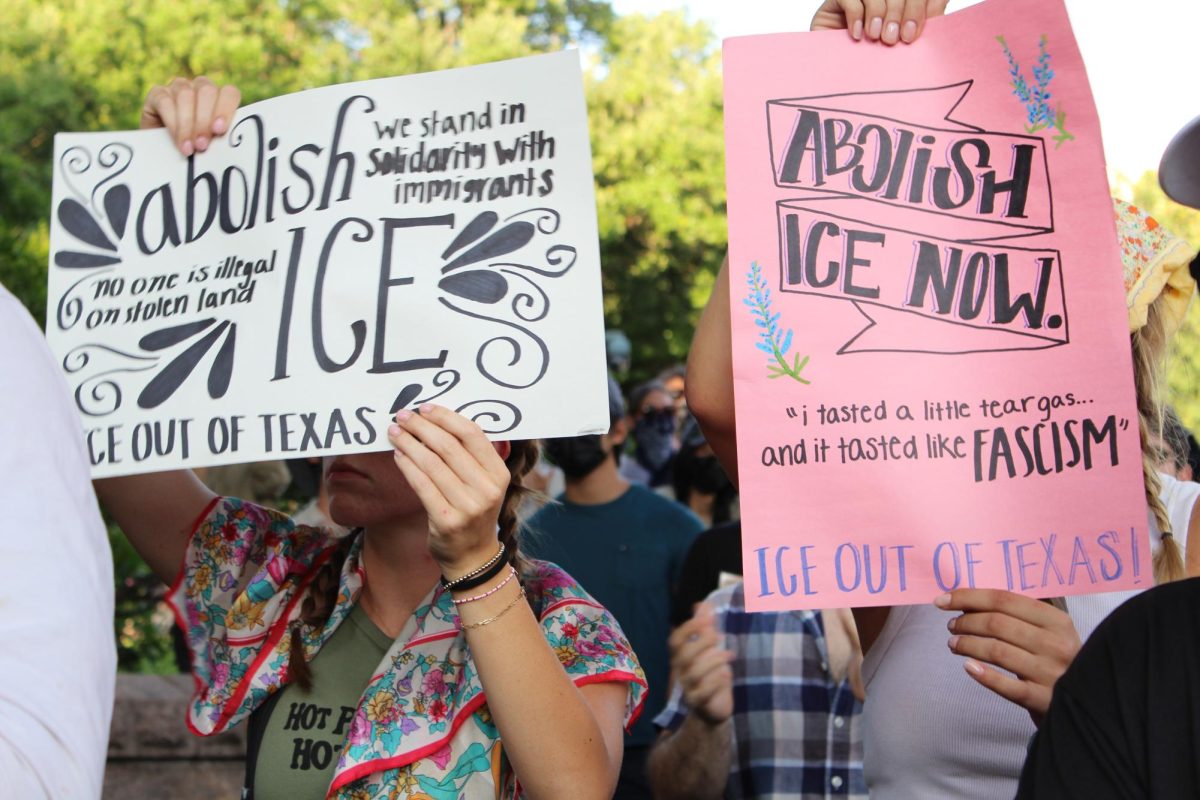
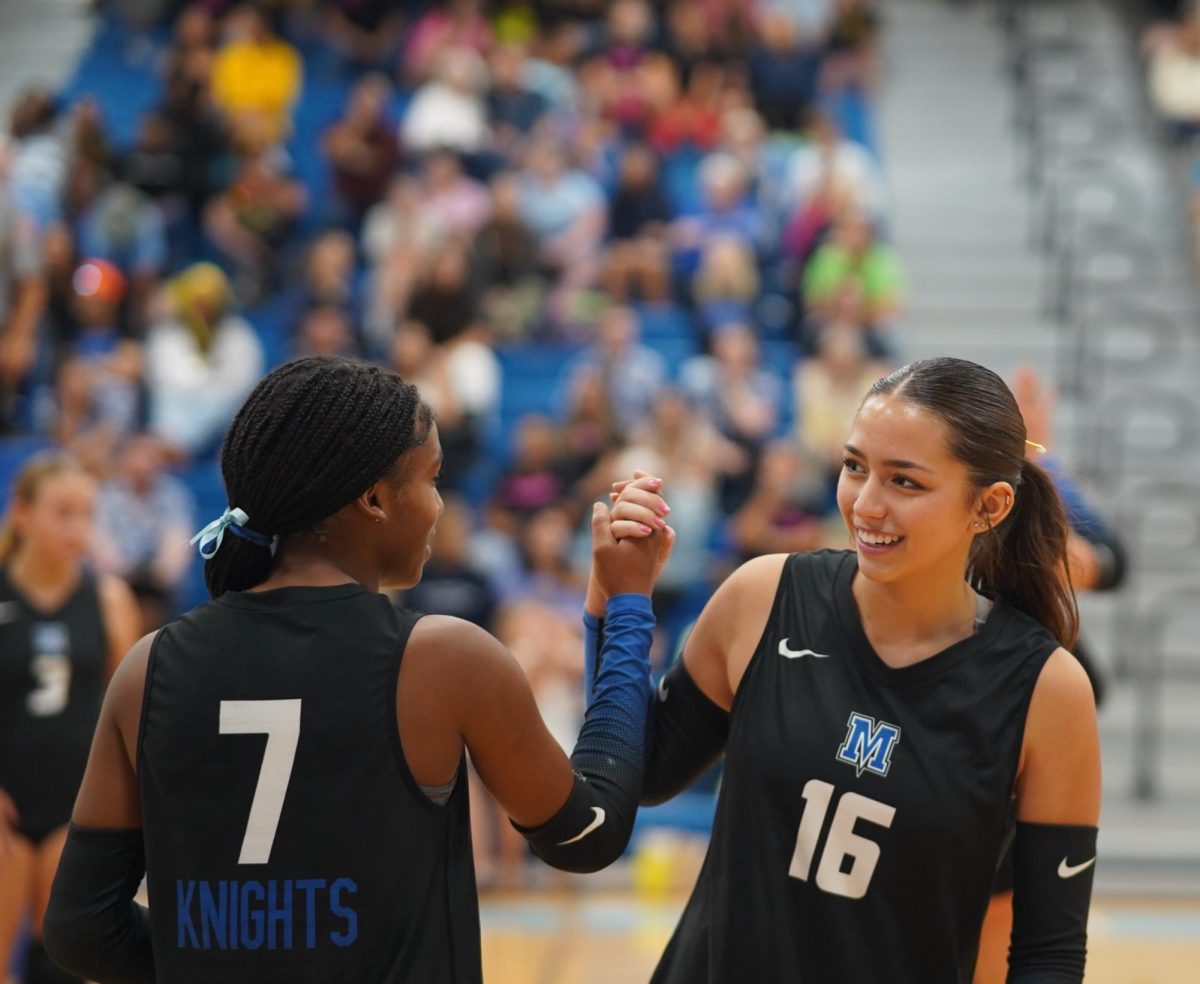
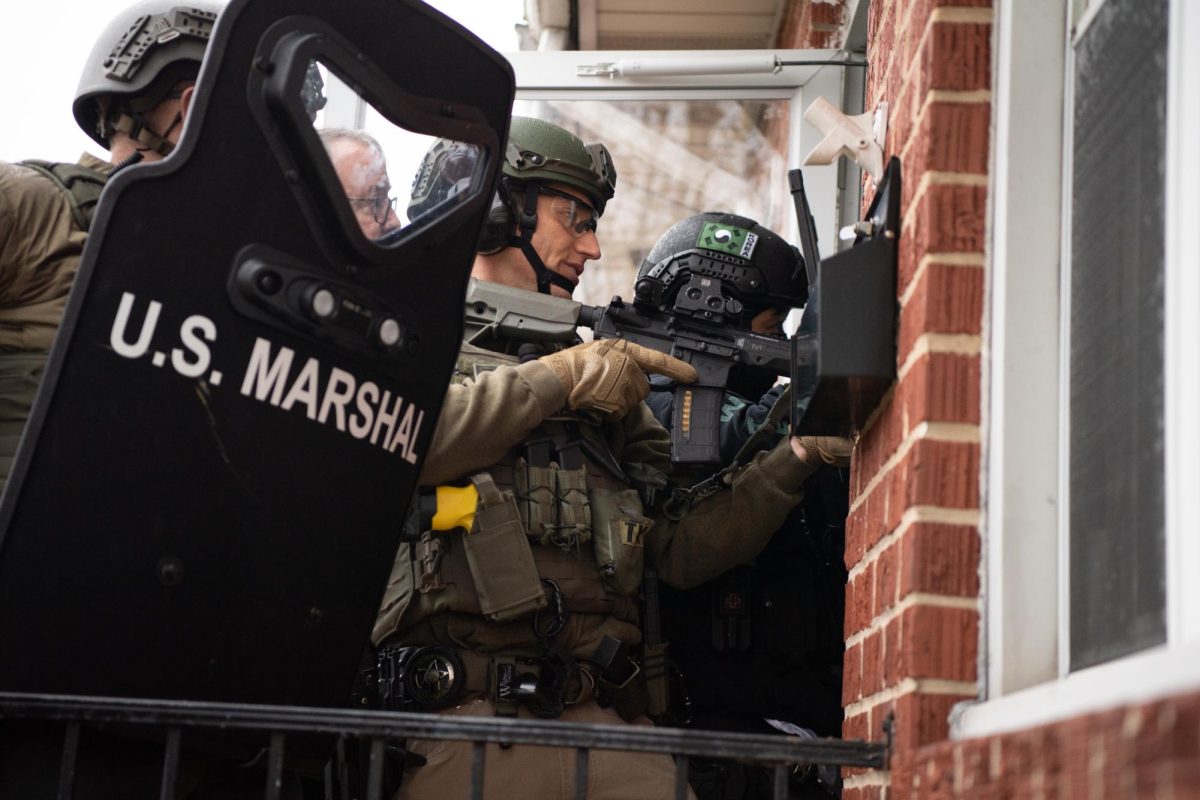
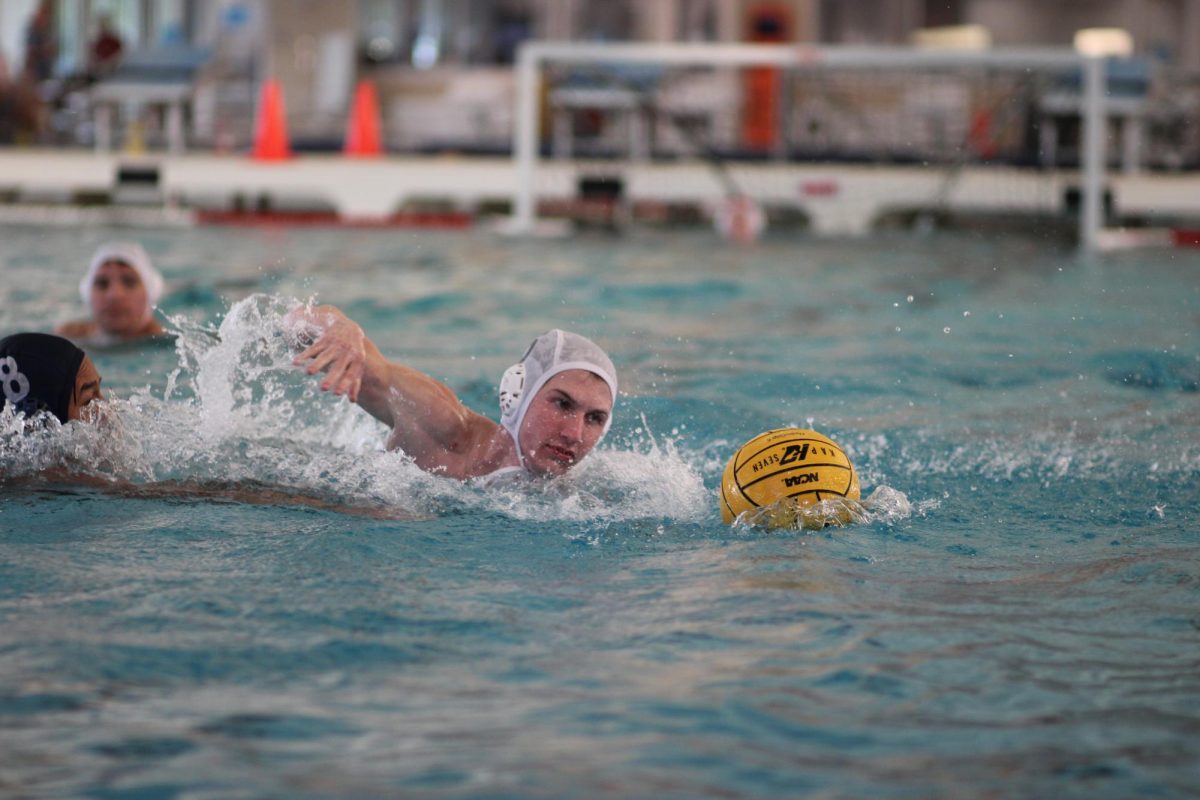
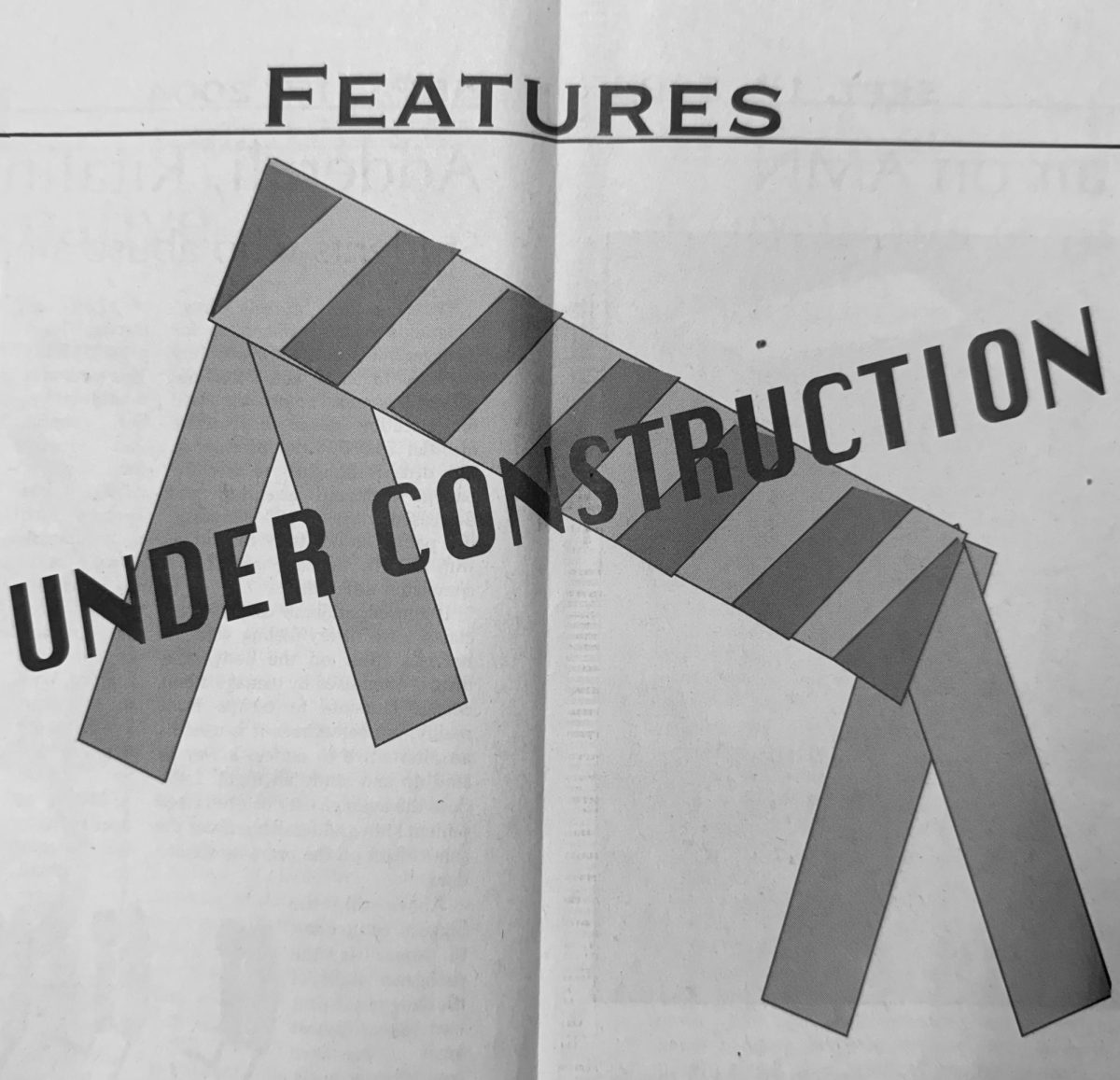
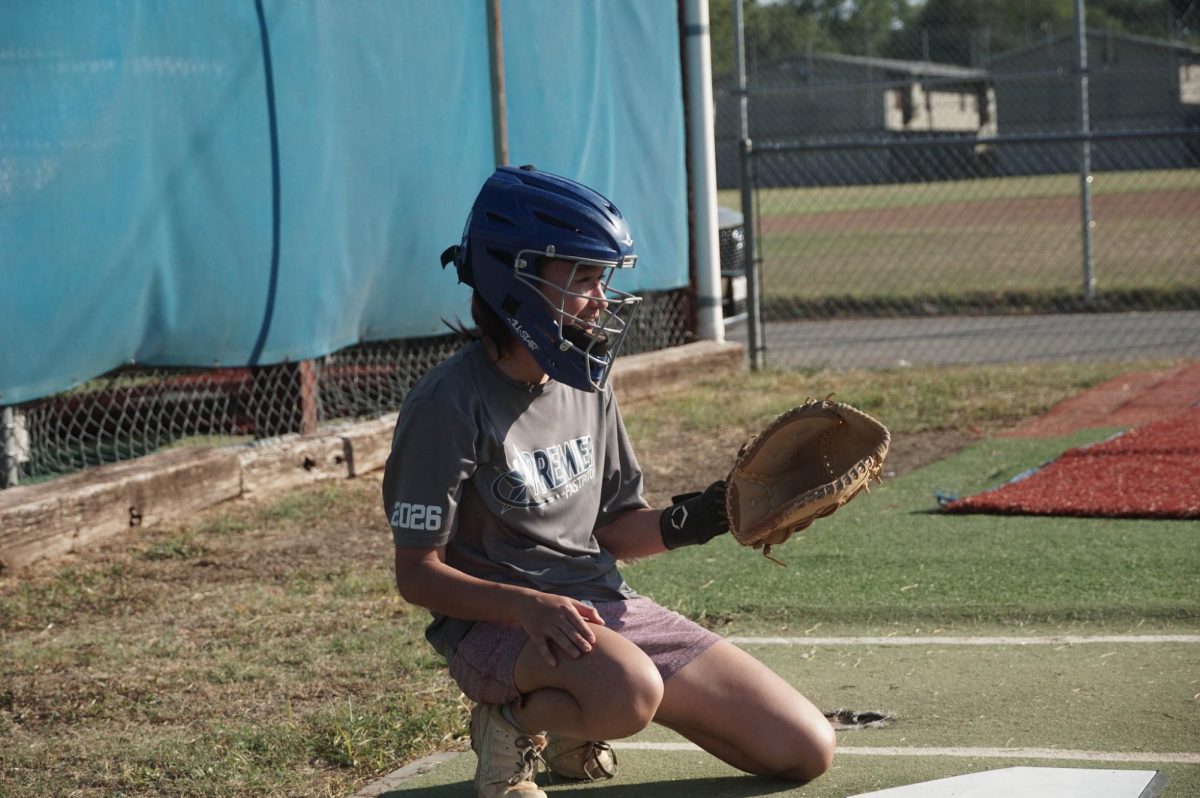
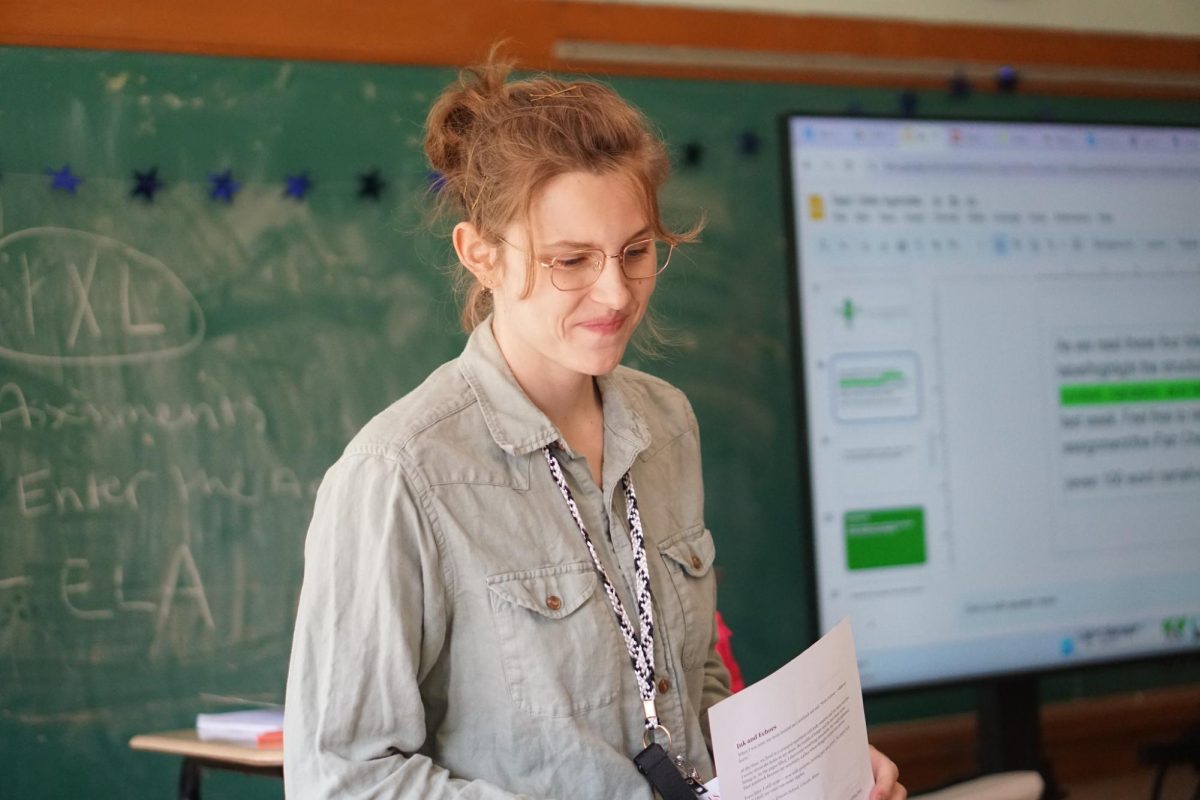
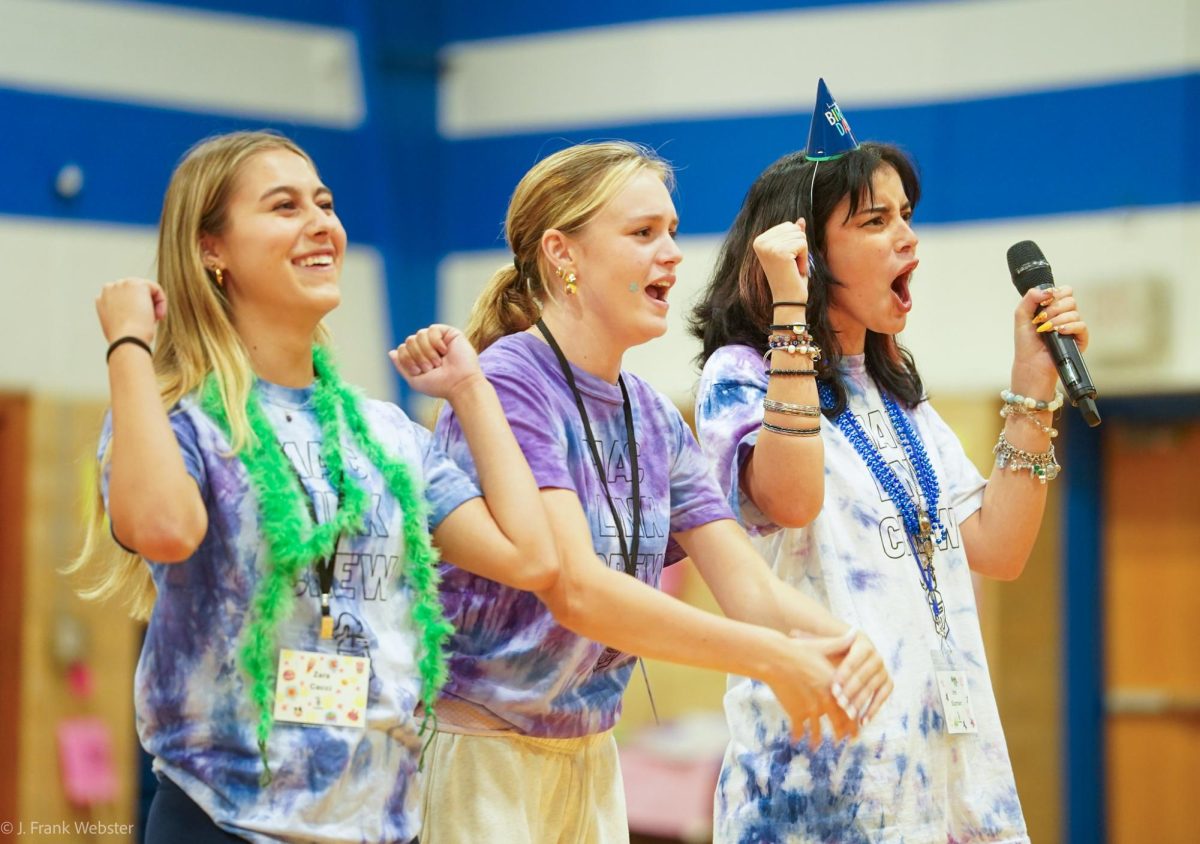
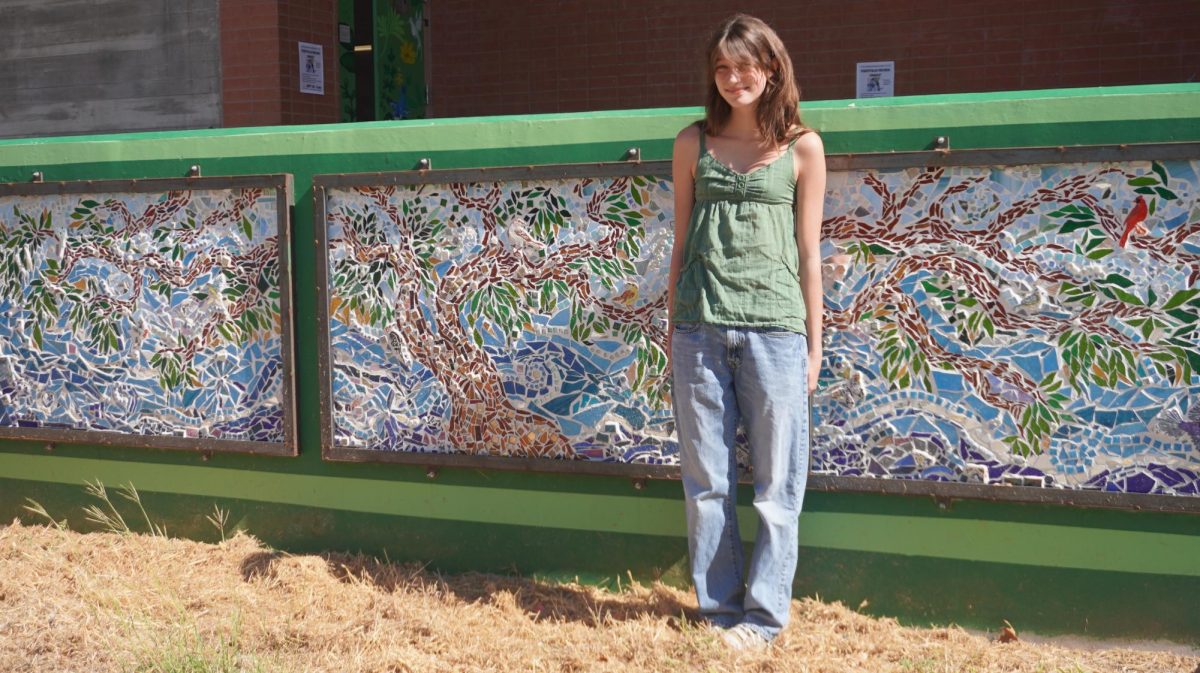


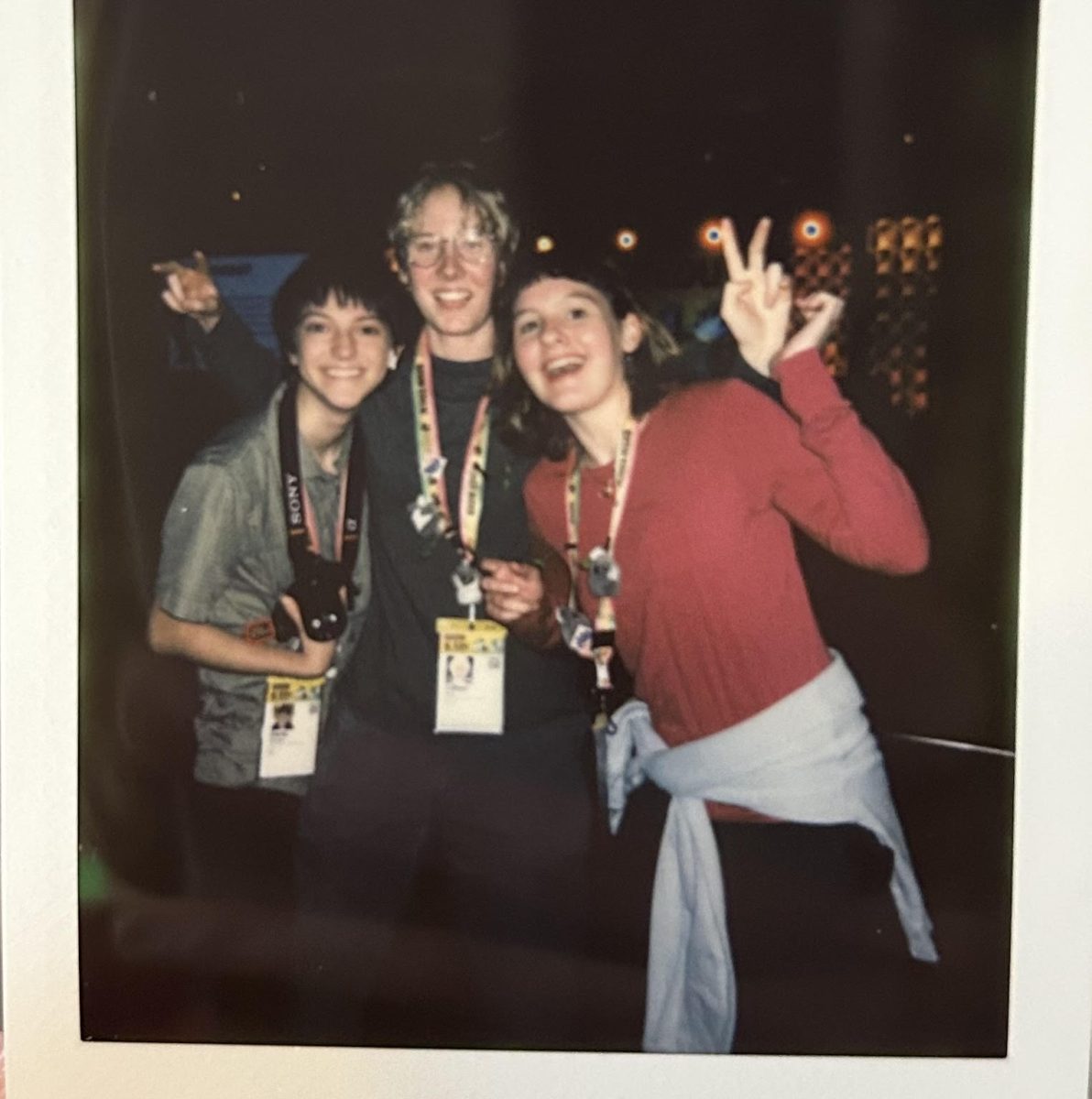
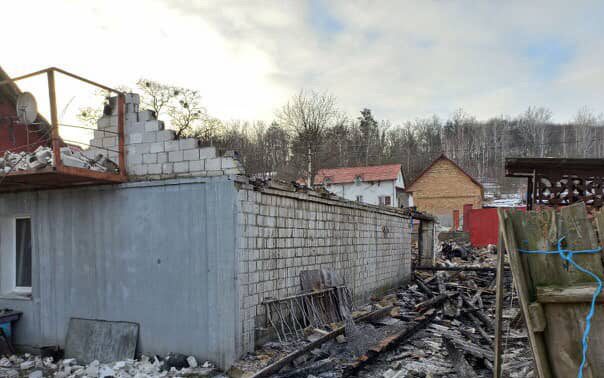
Whitney Hude • Jun 1, 2024 at 10:38 pm
Great article. Kyle was our neighbor when we first moved into our house, incredible to see where he’s gone since he was a little kiddo living in Highland Park West. Thank you for sharing his story.
DIANA ADAMSON • May 30, 2024 at 3:04 pm
Excellent reporting. Ingrid. So happy that you all did this article. Kyle is deserving of the interview, and I think it’s so cool he’s a Knight.